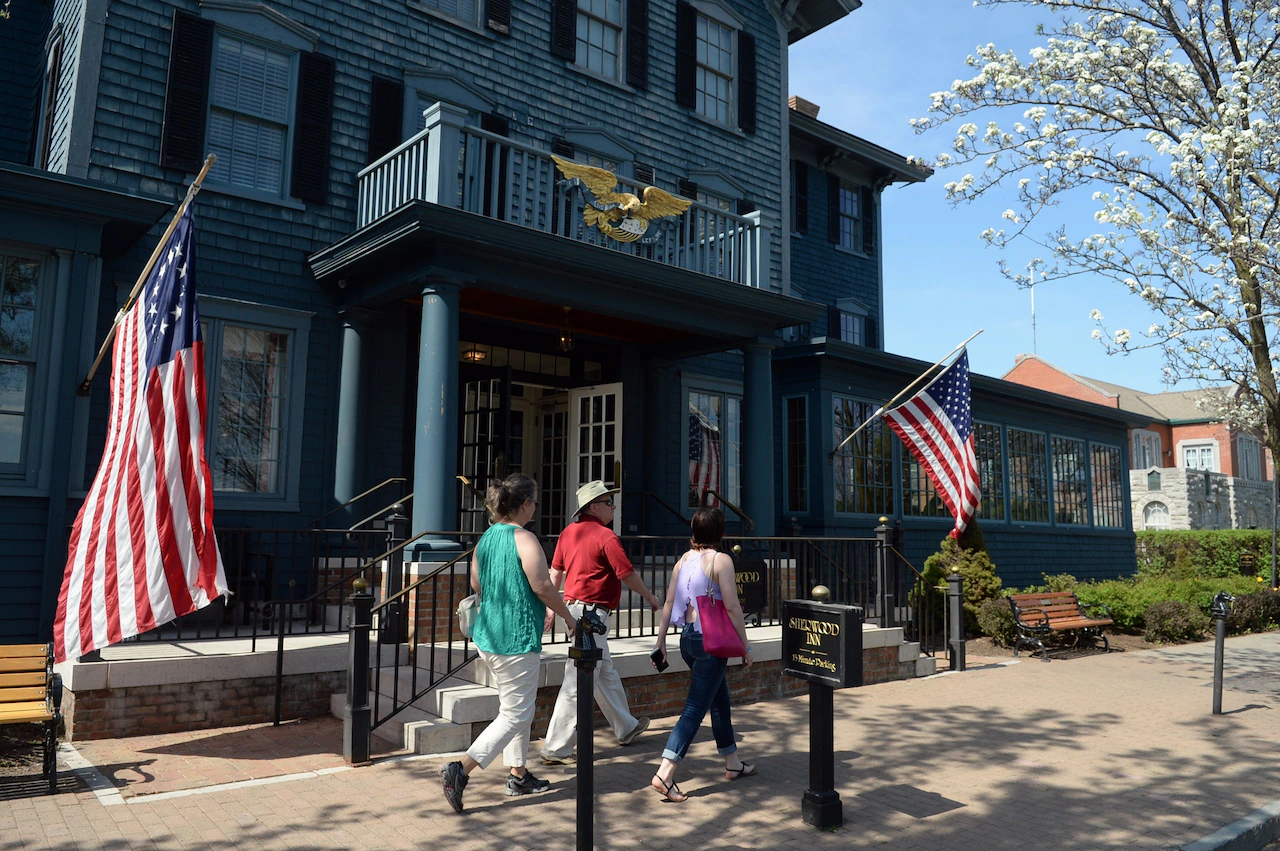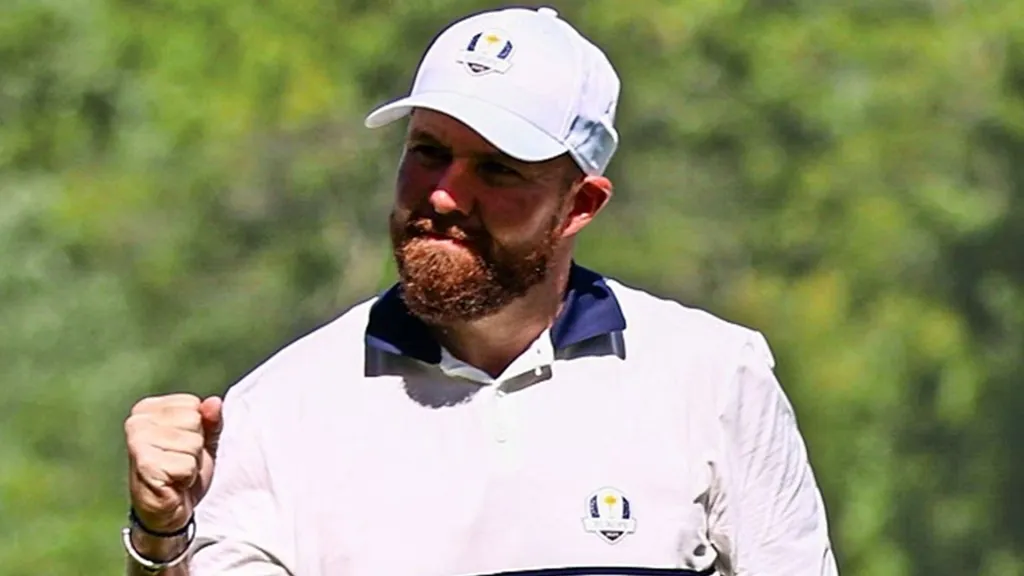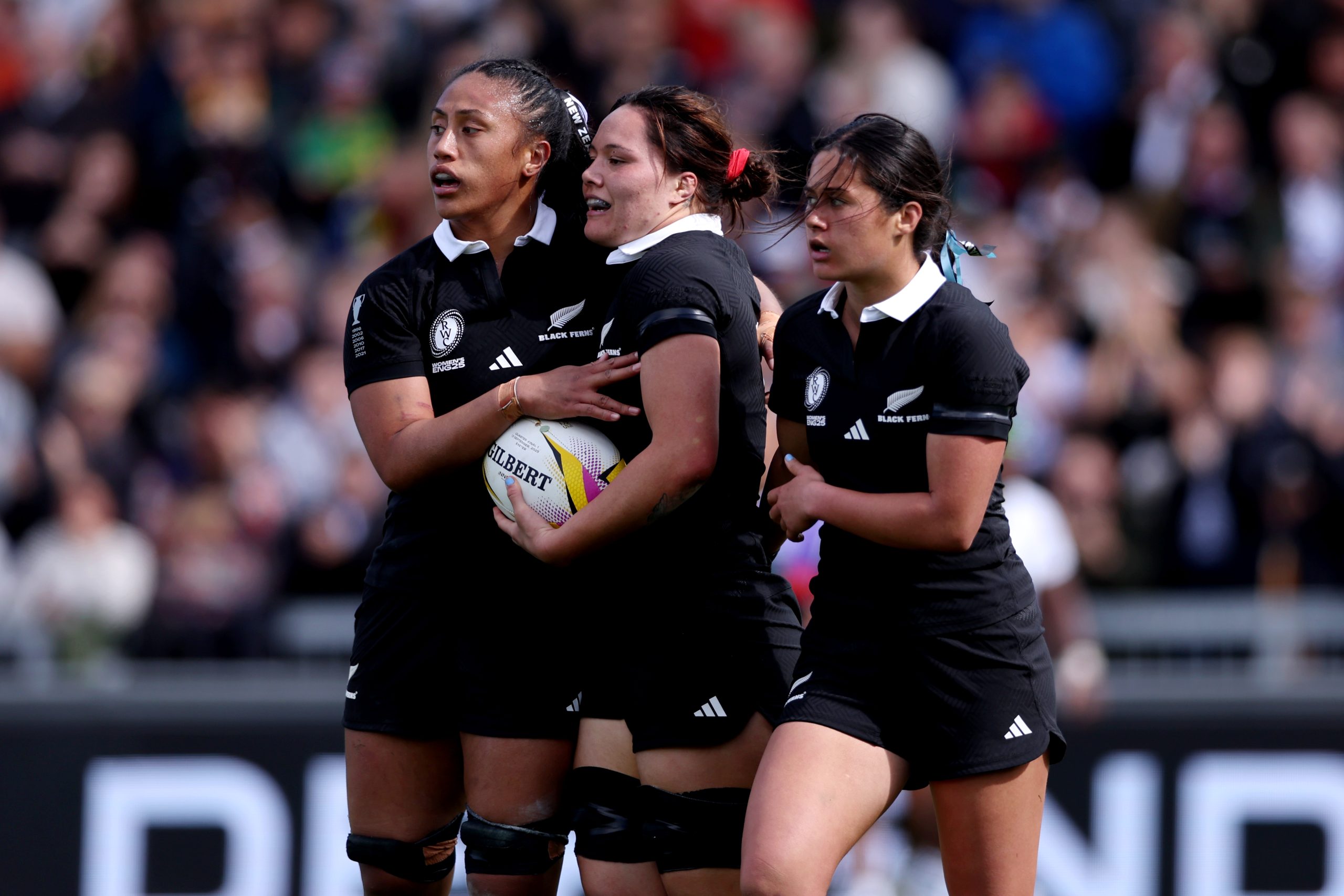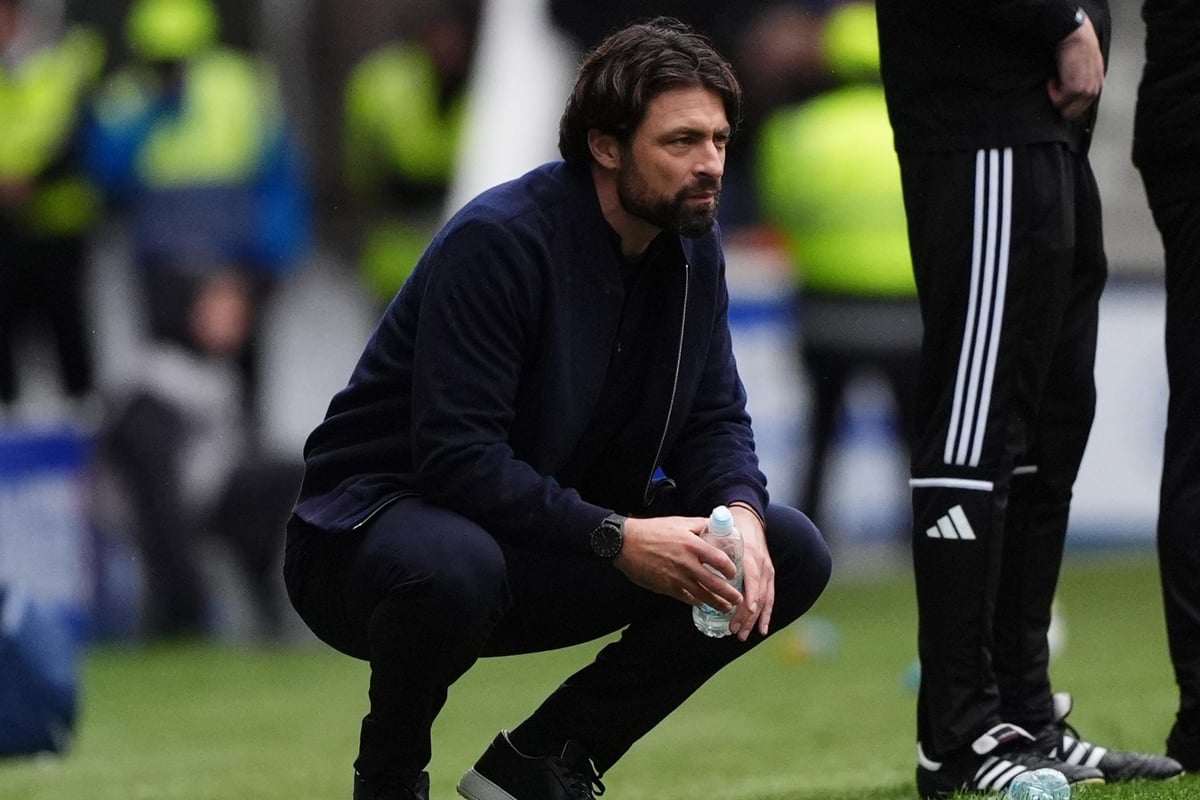By Eugene Volokh
Copyright reason

Next, as to the “aim” of the sex-specific language, a reasonable juror could conclude that the harassment was designed to humiliate and ridicule Doe as an alleged “rapist” who had been wrongly exonerated. Roe and the PSA Defendants repeatedly contacted Club Lacrosse presidents and [University Director of Club Sports] Klier to press for Doe’s removal from the team, his preferred University community.
And it appears they succeeded. Social events with Doe were canceled; he was placed on “social probation;” and told to “step away from the club for everyone’s benefit,” all in light of Roe’s insistence that he was “guilty” of raping her…. PSA’s purpose was to find “a way to really just make [Doe] feel unwelcome enough that he doesn’t want to come around anyway” …. Ultimately, the Club expressed concern about the “optics” of keeping an accused rapist on its roster and, according to Doe, cut him from the team. On this record, a reasonable juror could find that the campaign to brand Doe a “rapist” was intended to ridicule and demean him, culminating in his exclusion from Club Lacrosse. Accordingly, sufficient evidence exists to support Doe’s claim of sex-based harassment.
In response, the University contends that Balazs v. Liebenthal (4th Cir. 1994), compels a different result. The Court disagrees. Balazs principally addressed whether an employee had exhausted administrative remedies to pursue a Title VII sex-discrimination claim. Nonetheless, the Balazs Court did opine, with limited analysis, that an employee’s alleged termination based on a false accusation of sexual misconduct was insufficient to state a sex harassment claim. See Balazs (“An allegation that he was falsely accused of conduct which, if true, might have given rise to a claim of employment discrimination based on sex by someone else in no way states a cause of action that plaintiff himself was a victim of discrimination based on his sex.”).
This case is materially different. Doe has produced evidence of far more than a single false accusation. A reasonable juror could find that, like the plaintiffs in Hurley, Doe was publicly ridiculed, shamed, and targeted for months as a “rapist,” a “sexual predator,” and a “danger to girls” on campus. In this way, Doe’s case cleaves more closely to Hurley than Balazs….
On this record, a reasonable jury could conclude that Doe’s exclusion and the campaign branding him a “rapist” were driven by sex-based hostility.
The Court next turns to the second element of Doe’s claim, whether the harassment was severe and pervasive enough to deprive him of an educational benefit. The University argues that the claim fails because Doe’s removal from Club Lacrosse did not amount to an educational deprivation. The Court again parts company with the University. Harassment “effectively bars the victim’s access to an educational opportunity or benefit,” when it prevents participation in educational programs or activities. That principle extends to harassment that undermines a student’s participation in university sports. Organized extracurricular athletics such as Club Lacrosse are squarely among the activities in which exclusion can give rise to liability under Title IX.
To escape Jennings, the University attacks the weight rather than sufficiency of the evidence on Doe’s exclusion from Club Lacrosse. It characterizes Doe’s evidence as “gossamer thin,” and asserts that his testimony is “contradicted by the record.” But this is precisely what juries are for: to decide which version of events to believe. On this record, Doe has produced sufficient evidence of the “concrete and negative effect” his ouster had on him … describing emotional injury arising from “having been excluded from the club lacrosse team and by being publicly and repeatedly accused of rape, among other things,” and referencing counseling expenses ….
Doe contends that the University had been deliberately indifferent to each of his three complaints of student-based harassment. The Court considers the complaints in turn.
On the first complaint, no reasonable juror could conclude that the University’s response was clearly unreasonable. When Doe, through counsel, initially contacted OCRSM, the Office responded within minutes. It also provided a letter of exoneration for Doe to share with Club Lacrosse and any other detractors. The Office also advised Klier that Doe could not be excluded based on allegations for which he had been found not responsible. Given the University’s robust response to the first complaint, no reasonable juror could conclude the response amounted to deliberate indifference.
As to the third complaint concerning Roe’s outburst at an off-campus bar, OCRSM refused to pursue the matter on the ground that the conduct occurred outside its jurisdiction. Sure, while an argument could be made that the off-campus incident was simply a continuation of her on-campus attacks, no trier of fact could deem the University’s jurisdictional determination clearly unreasonable.
The University’s non-response to the second complaint tells a different story. Doe submitted the complaint on February 10, 2022, shortly after Club Lacrosse leadership removed him from the team. Unlike the first complaint, OCRSM appears to have done nothing. The record is bereft of any evidence that the University spoke with Doe about the complaint or investigated the circumstances of his ouster. Instead, Doe received a Notice of Mandatory Dismissal that summarily stated the matter was dismissed because, “even if substantiated,” his allegations “would not constitute conduct taken by Respondents on the basis of Complainant’s sex or because [of] Complainant’s prior participation in the University’s sexual misconduct adjudication process, rather than because Respondents perceived Complainant as a perpetrator of a sexual offense against Respondent [Roe].”
When reviewing the record most favorably to Doe, a jury could find the University’s stated ground for disclaiming “jurisdiction” over this complaint to be clearly unreasonable. For the first complaint, OCRSM took immediate action in assuring Doe that Club Lacrosse could not remove him from the team because he had already been cleared of all rape charges. OCRSM also looked into the claim prior to its dismissal. Yet for the second complaint—when Club Lacrosse in fact excluded Doe on account of the harassment—OCRSM did nothing because now the claim was somehow not “sex-based.” This study in contrasts can lead a reasonable juror to conclude the University’s failure to act was clearly unreasonable such that liability may be imputed to it….
{The University also suggests that even if the Club Presidents removed Doe from the team, that decision could not be imputed to the University because OCRSM had earlier directed the Club not to remove him. But all this really reflects is the Club Presidents’ defiance of the directive. This cannot absolve the University of its obligation to take further remedial action. To the contrary, a reasonable juror could conclude that the University’s decision to do nothing after students ignored the Office’s directive was itself clearly unreasonable, or, put differently, that the University “did not engage in efforts that were ‘reasonably calculated to end [the] harassment.'” To the extent the University claims it lacked “control” over the student-run organization, nothing in the record supports that contention.}



